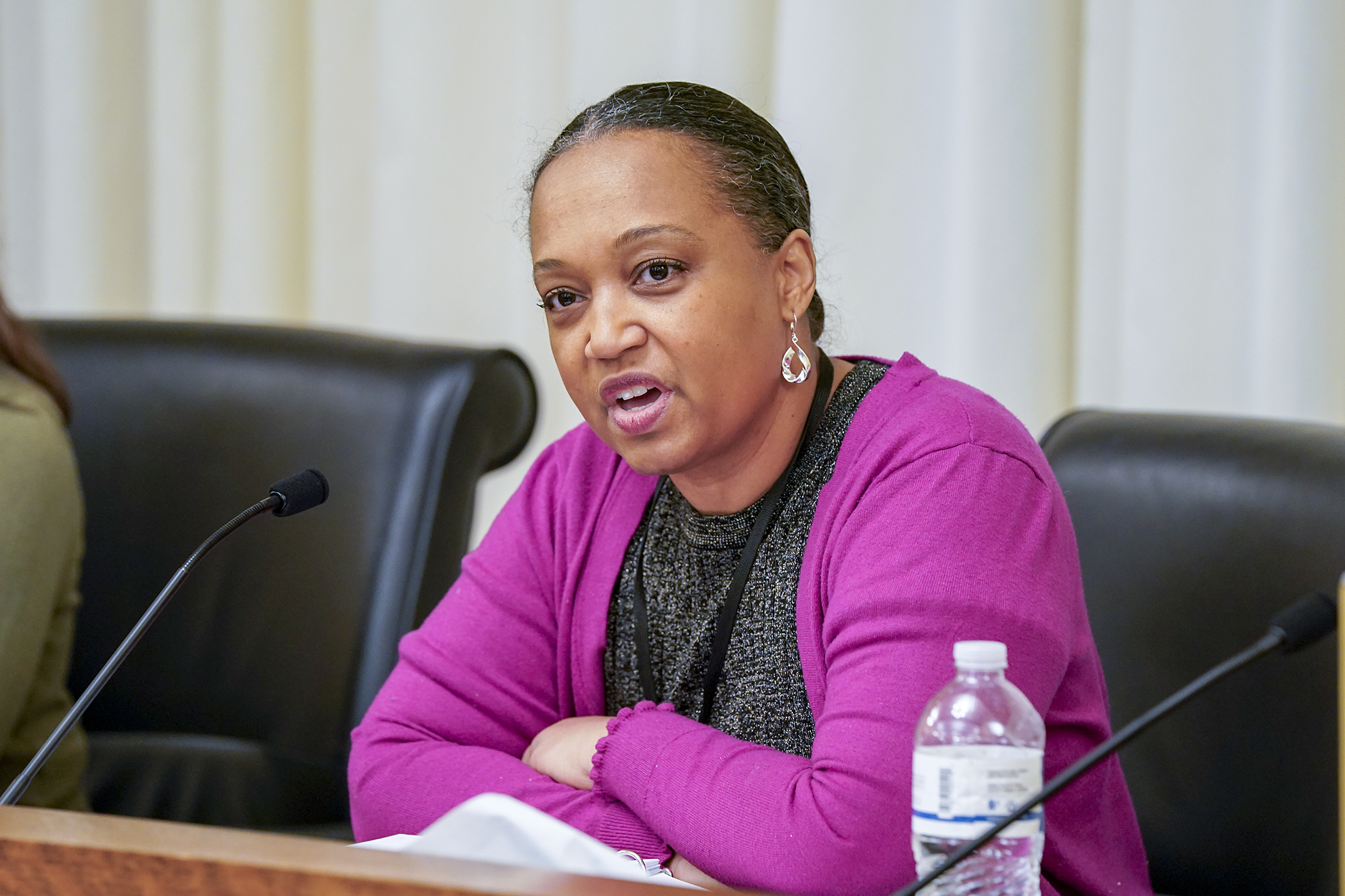Health, human services budgets propose solutions for increasing costs

The Departments of Health and Human Services are facing structural deficits and some uncertainty around federal funding heading into their next biennium budgets.
Leaders from the two departments walked the House Health Finance and Policy Committee through their proposed budgets Monday.
Though much of the funding for health care programs comes from the federal government, health care costs account for an increasing amount of the state budget. Among the proposals to curb that growth are an increase to the HMO surcharge and higher inspection fees.
“This budget (proposal) really shows how hard it is to cut the budget without hurting people,” said Rep. Tina Liebling (DFL-Rochester).
Department of Human Services
The Department of Human Services is proposing a $23.8 billion budget for fiscal year 2026 with $12.6 billion of that coming from the federal government.
The department directly impacts more than 25% of Minnesotans, including 1.3 million Medicaid enrollees and 837,000 receiving Medical Assistance. About 42% of children in the state have their health care covered by Medicaid, according to the department.
The governor has proposed $193.4 million less to the bottom line in the next biennium. His proposal includes increasing the HMO surcharge, raising an additional $173 million in revenue.
Changes to reimbursements for outpatient pharmacy benefits and non-emergency medical transportation would some cost savings in the 2026 budget, and significant savings later. The governor also proposed eliminating the chiropractic benefit for a savings of $7.5 million.
Rep. Mary Franson (R-Alexandria) expressed concern about eliminating a relatively low-cost health benefit, especially as the department is facing questions about collecting on provider debt. “Why aren't we going after fraud instead of cutting health care services?”
Rep. Robert Bierman (DFL-Apple Valley) wondered about the department’s response to the Trump administration’s temporary suspension of federal funding.
“I’m not sleeping very well right now, knowing how much we depend on Washington to do this work,” he said.
Budget Director Elyse Bailey said the department has developed a group of leaders ready to assess when bills or executive orders go through that would impact its budget.
Department of Health
Health Commissioner Brooke Cunningham said the department’s ask is responsible, measured and honest about its needs. Among the requests is an additional $3 million from the General Fund to address increased costs for staff and facilities.
Cunningham also proposed several inspection fee increases on operations like assisted living facilities or food trucks, saying many have been the same for 15-25 years while the work has grown more complex.
Related Articles
Search Session Daily
Advanced Search OptionsPriority Dailies
Speaker Emerita Melissa Hortman, husband killed in attack
By HPIS Staff House Speaker Emerita Melissa Hortman (DFL-Brooklyn Park) and her husband, Mark, were fatally shot in their home early Saturday morning.
Gov. Tim Walz announced the news dur...
House Speaker Emerita Melissa Hortman (DFL-Brooklyn Park) and her husband, Mark, were fatally shot in their home early Saturday morning.
Gov. Tim Walz announced the news dur...
Lawmakers deliver budget bills to governor's desk in one-day special session
By Mike Cook About that talk of needing all 21 hours left in a legislative day to complete a special session?
House members were more than up to the challenge Monday. Beginning at 10 a.m...
About that talk of needing all 21 hours left in a legislative day to complete a special session?
House members were more than up to the challenge Monday. Beginning at 10 a.m...